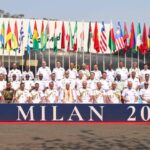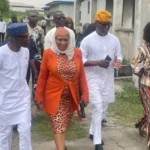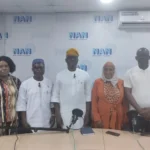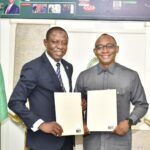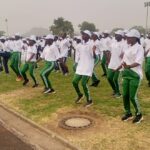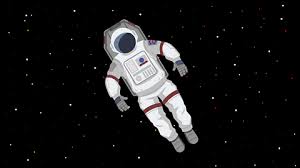By Ijeoma Olorunfemi
An astrophysicist, Prof. Augustine Chukwude, says Nigeria’s ambition to send a human into space must be anchored on a long-term strategic plan aligned with scientific research and national development goals.
Chukwude, who is also a space scientist, made the remark in an interview with the News Agency of Nigeria (NAN) in Abuja.
NAN reports that in June 2024, the Federal Government signed a Memorandum of Understanding with the Space Exploration and Research Agency (SERA), based in Delaware, USA, to send a Nigerian to space.
Under the partnership, SERA was to reserve a seat, through an open ballot, for a Nigerian citizen on its upcoming Blue Origin New Shepard suborbital flight, fully sponsored by the agency.
Chukwude said that while the prospect of having a Nigerian astronaut was exciting and symbolically important, it must be supported by a solid scientific and technological foundation.
The astrophysicist described human spaceflight as the most advanced, expensive, and scientifically demanding phase of space exploration.
“As an astronomer and space scientist, I would be excited to hear that the government wants to send someone to space. That would mean the government is ready to invest heavily in space science.
“But sending someone to space is not cheap, it requires training, infrastructure, and could cost between 50 to 100 billion dollars.”
Chukwude stressed that human space missions were typically carried out by technologically advanced countries for research purposes, not just symbolism.
He outlined that true space exploration followed a structured path: starting from Earth-based observations using telescopes, then launching unmanned satellites and space probes, and ultimately culminating in human missions.
“The first stage involves observing space from the Earth’s surface using telescopes.
“Then come unmanned vehicles and satellites, which represent the basic and more affordable phases of space exploration.
“The final stage is human spaceflight, where scientists work aboard the International Space Station, which typically accommodates only about seven astronauts at a time, all engaged in solving complex scientific problems.
“It’s not a place for sightseeing,” he explained.
Chukwude added that if Nigeria truly intended to send a human to orbit, it must first demonstrate substantial progress in space science and technology, such as building observatories, research centres, and promoting space education.
He warned that without a clear scientific agenda or domestic capacity, participation in space travel might remain a symbolic gesture with limited developmental benefit.
“If someone offers Nigeria a free seat on a spacecraft and we simply appoint someone to occupy it, then we’ve made no scientific contribution and learned nothing,” he said.
Chukwude called for greater investment in Science, Technology, Engineering, and Mathematics (STEM) education, noting that any human spaceflight involving Nigeria should aim to inspire the next generation of innovators.
“The value of human spaceflight lies in how it’s used.
“If harnessed properly, it can promote a scientific culture, strengthen international partnerships, and enhance national capacity development,” he added.
He also acknowledged the growing role of space tourism and commercial spaceflights, such as those proposed by Elon Musk’s SpaceX, but maintained that Nigeria’s participation must be grounded in strategic national interest. (NAN)(www.nannews.ng)
Edited by Abiemwense Moru

